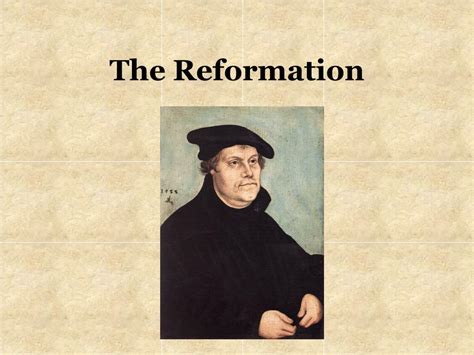What Are Indulgences

The concept of indulgences has been a topic of discussion and debate within the Christian faith, particularly in the Catholic Church, for centuries. At its core, an indulgence is a remission of the temporal punishment due to sin, which is granted by the Church to the faithful, either for themselves or for the souls in purgatory. This concept is rooted in the Catholic doctrine of sin and redemption, where it is believed that while the guilt of sin can be forgiven through sacramental confession, the consequences or punishment for sin still need to be atoned for.
Historical Context and Development

The practice of granting indulgences dates back to the early days of Christianity, but it wasn’t until the Middle Ages that the system became more formalized. Initially, indulgences were granted for specific acts of piety, such as pilgrimages, donations to the Church, or participation in Crusades. The underlying principle was that these acts could help reduce the time spent in purgatory, a place where souls go to be purified before entering heaven. Over time, however, the practice of granting indulgences became increasingly commercialized, leading to significant abuse and criticism, most notably by Martin Luther, whose Ninety-Five Theses in 1517 sparked the Protestant Reformation.
Types of Indulgences
There are two main types of indulgences: partial and plenary. A partial indulgence reduces the temporal punishment due to sin, but it does not remit it entirely. On the other hand, a plenary indulgence, which is more rarely granted, remits all of the temporal punishment due to sin. The conditions for receiving a plenary indulgence are typically very specific and include receiving the sacraments of Confession and the Eucharist, praying for the intentions of the Pope, and being free from all attachment to sin. These conditions underscore the seriousness with which the Church views the concept of indulgences and the need for true repentance and devotion.
| Type of Indulgence | Description |
|---|---|
| Partial Indulgence | Reduces, but does not eliminate, the temporal punishment due to sin. |
| Plenary Indulgence | Completely remits the temporal punishment due to sin, under specific conditions. |

Criticisms and Reforms

The practice of indulgences has faced significant criticism, particularly from Protestant denominations, who argue that it undermines the doctrine of justification by faith alone and can lead to a form of “buying” one’s way into heaven. In response to these criticisms and the abuses that led to the Reformation, the Catholic Church has undergone several reforms. The most notable of these was the Council of Trent in the 16th century, which abolished the sale of indulgences and clarified the Church’s teaching on the subject, emphasizing that indulgences are not a payment for forgiveness but rather a way of expressing solidarity with the Church and participating in its treasury of merits.
Modern Understanding and Practice
Today, the Catholic Church continues to grant indulgences, though with a much clearer understanding of their spiritual significance and strict guidelines to prevent abuse. The focus is on encouraging acts of devotion, prayer, and charity, rather than on any form of financial transaction. For instance, during the Year of Mercy in 2015-2016, Pope Francis emphasized the importance of performing acts of mercy and receiving the sacraments as a way of obtaining indulgences, highlighting the Church’s commitment to a more spiritual and less materialistic approach to this doctrine.
Key Points
- The concept of indulgences is based on the Catholic doctrine of sin, redemption, and the afterlife.
- Indulgences can be partial or plenary, reducing or completely remitting the temporal punishment due to sin.
- The practice has faced criticism and has undergone reforms, particularly after the Council of Trent.
- Today, the Church emphasizes the spiritual significance of indulgences, focusing on acts of devotion and charity.
- The doctrine of indulgences reflects the Church's teaching on the communion of saints and the importance of penance.
In conclusion, the concept of indulgences is complex and multifaceted, reflecting both the theological richness and the historical challenges of the Catholic Church. By understanding the development, criticisms, and modern practice of indulgences, one can gain a deeper insight into the Church's teachings on sin, redemption, and the nature of the Christian community.
What is the purpose of indulgences in the Catholic Church?
+The purpose of indulgences is to remit the temporal punishment due to sin, either for the living or for the souls in purgatory, by granting a remission of this punishment through the merits of Christ and the saints.
How can one obtain an indulgence?
+An indulgence can be obtained by performing specific acts of devotion, prayer, or charity, as prescribed by the Church, and by fulfilling the necessary conditions, which include receiving the sacraments of Confession and the Eucharist and praying for the intentions of the Pope.
What is the difference between a partial and a plenary indulgence?
+A partial indulgence reduces the temporal punishment due to sin, while a plenary indulgence completely remits it, under specific conditions that include freedom from all attachment to sin and the fulfillment of certain spiritual acts.
